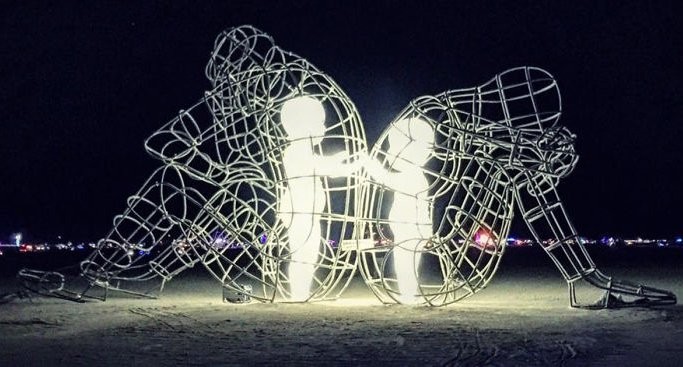
If we really want to love, we must learn to forgive. – Mother Theresa
Aaah….the holidays, a time to be thankful and rejoice. For many, it’s also a time to forgive and forget.
The phrase “to forgive and forget” can be easy to understand but challenging and quite disruptive to apply in your life. After a recent personal confrontation of my own and the general theme of being thankful during the holidays, I decided to take a closer look at what this means and what you should do the next time you are at the crossroads of forgiveness and forgetting.
Holding a grudge is like letting someone live rent free in your head.
The saying itself sounds simple and almost airy like an after school message you would see on an episode of Sesame Street or Mr. Rogers (yes, for those who don’t know who this is, I am adding a hyper link).
Knowing how to forgive someone is an essential life skill that will pay dividends in both your person and professional life. Plus the known health benefits of not harboring ill will towards another are countless. Since we are all imperfect human beings prone to screwing up, it will definitely enable us to better forgive others and ourselves throughout life (depending of course on the situation).
This got me thinking…what happens when it’s not a simple “and” but more like:
- Forgive OR Forget
- Forgive BUT NOT Forget
Clearly this is personal, subjective and situational and I don’t believe there is one simple answer that can be applied here. That said, there is a common ground and it’s lies around “you” and what you need to do to move on in your life. Here is what I found and what you need to know about forgiving someone else.
- Forgiving is critical to our emotional health. By refusing to forgive someone, we’re choosing to hold on to all the anger and bitterness that their actions have created. When you choose to hold onto this anger and let it eat you up, it can make you irritable, impatient, distracted, and even physically ill.
- Forgiveness is all about you, and not about the other person. We don’t forgive other people because they deserve it. If that were the litmus test for when to forgive, it would rarely ever happen. Instead we choose to forgive those who have hurt us because we cannot fully let go of the destructive emotions inside of us until we do.
Forgiveness is not a justice issue; it’s a heart issue. – Mother Teresa
Here are a 5 ways to get started from one of my favorite books:The Bounce Back Book: How to Thrive in the Face of Adversity, Setback and Losses:
- Focus on Gratitude. Resist seeking happiness from the outside in. Instead, focus on gratitude exercises to bring happiness from the inside out. When you are tempted to focus on all the ways the world has done you wrong, instead count your blessings by making a list of the five aspects of your life that you appreciate. It is good practice to purposefully end your day this way to keep focused.
- Look for (and learn) the Lesson. If you feel particularly tested right now, ask yourself why and for what reason. Patience? Compassion? Resilience? Forgiveness? Open-mindedness? What strengths must you develop further? Now consciously go out there and develop them! Develop a “student not victim” mentality. Vow not only to disentangle yourself from emotionally harmful situations, but also to consciously avoid similar situations in the future.
- Maintain Perspective. If you’re going through a challenging time, remind yourself that this specific event is merely a part of your life—not your “whole” life. Consciously keep this “slice of life” perspective, and don’t let the event overwhelm you.
- Let Go Of Resentment. Recognize that when you resent someone, you are not only hurting yourself, you’re also giving this person control of your emotions—and they don’t deserve that.
- Stay Centered. Recognize that when you respond with hate to hate, anger to anger, bitterness to bitterness, you are ironically becoming part of the problem. Choose to resist becoming like them and instead put in the conscious effort to remain a loving, soulful, happy person.
Forgiveness is a gift you give yourself. – Tony Robbins
Final thoughts: In the end, it’s important to forgive because that’s for you – the forgetting part is still debatable I supposed. Regardless, we can and should learn from our past experiences, be mindful of the lessons they have taught us and look forward in our lives so we can be and create happiness. For me, I quickly forgave and forgot because in the end, I had no room in my life for toxicity or drama. Lessons learned.
The floor is yours: What do you think?
Please leave your comment below as your insights are greatly appreciated and a learning opportunity for everyone reading this article.
With leadership, Joshua / www.JoshHMiller.com
Please click ‘Follow’ if you would like to hear more from me in the future.